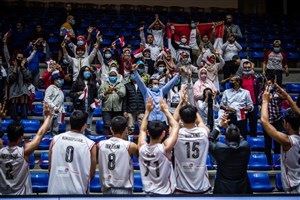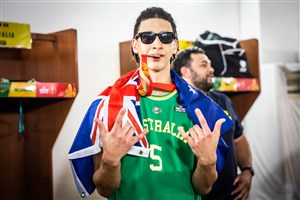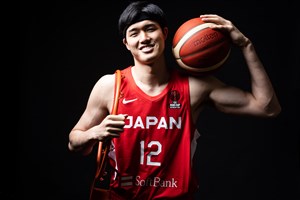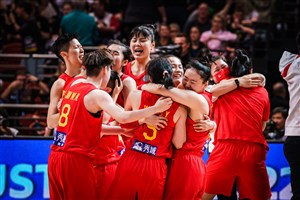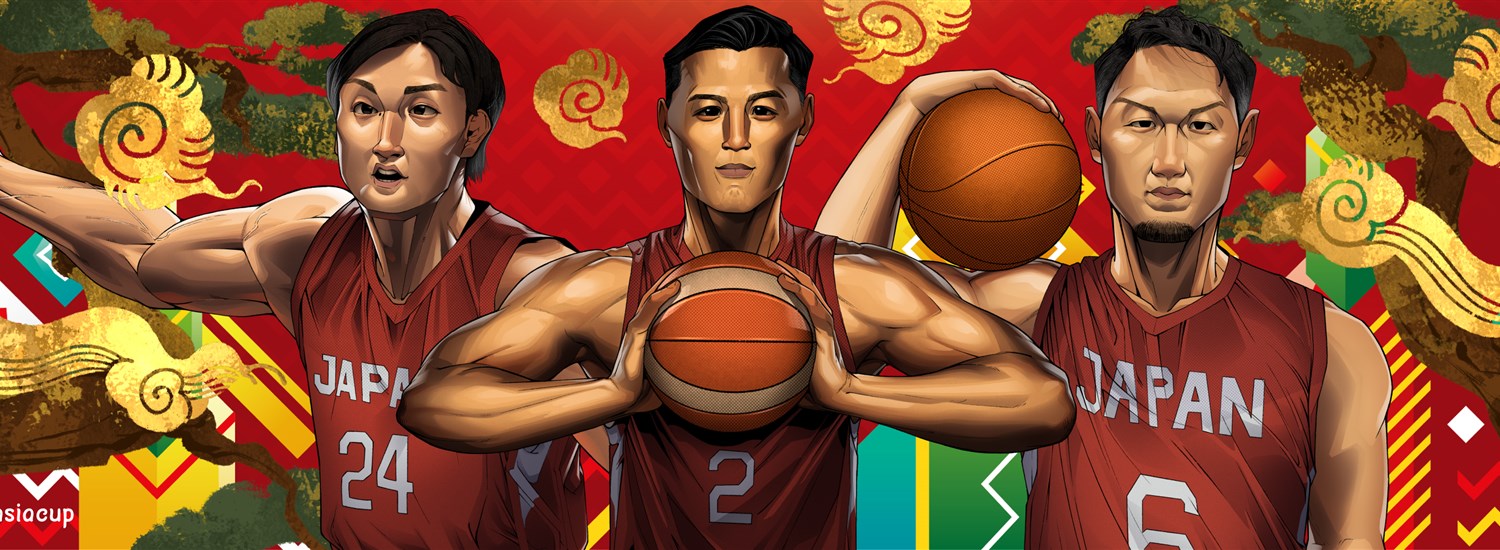
Meet the Asia Cup 2022 Teams: Japan
JAKARTA (Indonesia) - Japan are one of the original FIBA Asia Cup teams and have one of the richest histories of playing in the competition. They’ve also been one of the most improved teams during the recent years, ready to show that off in Jakarta.
Let’s take a quick moment to meet Japan in this "Meet the Teams" series!
World Rank according to FIBA World Ranking Presented by Nike: 38
Japan started the Asia Cup Qualifiers at 38 and will head into the Asia Cup at 38. That sounds pretty boring, but along the way, Japan dropped to as low as 42 and jumped back up to as high as 35.
More impressively, however, is how Japan have stepped up one spot in the Asia Rankings from 8 to 7. Only one team among the top 10 at the start of the Asia Cup Qualifiers were able to move up in the Rankings within the region and that was Japan.
Asia Cup Debut: 1960
Japan were among one of the teams to play in the first ever Asia Cup back in 1960. They ended up having a relatively successful run, finishing in third place with a 5-4 record.
Asia Cup Appearances (including 2022): 29
The only Asia Cup that Japan did not play in was in 1963. Aside from that one year, Japan have not missed an appearance in the competition.
This marks 28 straight appearances, the second longest streak of appearances in the history of the competition.
Most Recent Appearance: 2017
Japan ran a deep rotation at Asia Cup 2017 with 11 players averaging at least 12 minutes and the remaining player in the roster, Ryoma Hashimoto, averaging 9.8 minutes per game.
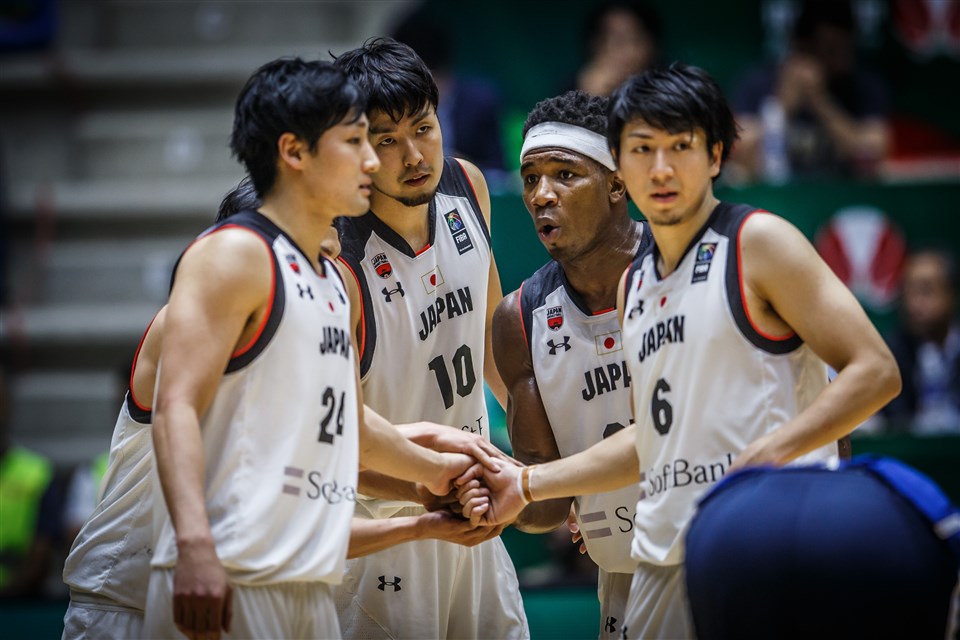
That got them out of the Group Phase, even after losing Australia’s first opponent ever in the Asia Cup in their first game. They handily took care of both Chinese Taipei and Hong Kong, before running into Korea in the Qualification to the Quarter-Finals and had their campaign cut short by the eventual third-place team.
Best Position in Final Standings: Champions (1965, 1971)
Japan have had their share of ending up on the Asia Cup podium, highlighted by two occasions where they ultimately won the title with 1971 being the year they both hosted the competition and won.
Aside from those two championships, Japan have finished among the top three teams 14 times.
Notable Player(s): Joji and Kosuke Takeuchi
The Takeuchi twins might not be the flashiest stars, but they have one of the most storied careers in the Asia Cup, even when considered individually. Japan have not played in an Asia Cup without at least one of the twins since 2003, though they also haven’t played with both on the same team since 2011.
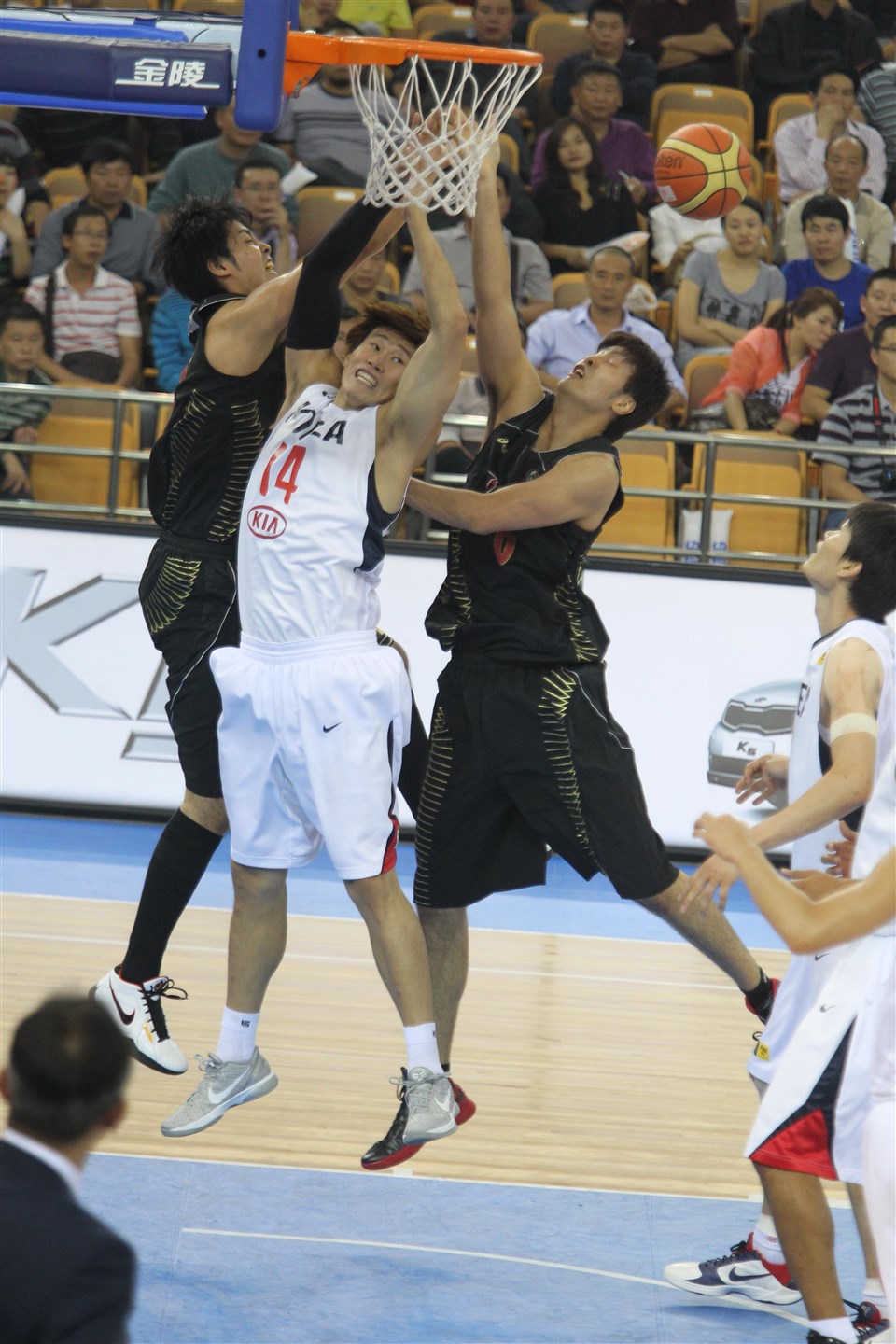
Joji claims bragging rights for having more Asia Cup appearances with 6 over Kosuke’s 5. However, Kosuke can say he played in Asia Cup 2015 where Japan had their best finish since the turn of the millennium at fourth place - where as Joji can’t.
Aside from sharing the same birthday, the twins almost shared the exact same scoring average in the Asia Cup as well. Joji has scored 448 points in 6 Asia Cups for an average of 10.18 points per game, while Kosuke has scored 398 points in 5 Asia Cups for an average of 10.21 points per game.
The twins were a part of the Asia Cup 2022 Qualifiers, but this could be the first time Japan don’t have a Takeuchi twin in the lineup in nearly 2 decades as neither were listed in the preliminary roster.
How they got here:
Japan qualified for Asia Cup 2022 after going 2-2 in Group B. While that might not sound as impressive as going undefeated, it seems noteworthy to mention that Japan’s two losses came at the hands of China where they lost by single-digit margins in both games.

Current Outlook: New Era
There will be quite some turnover within the Japan national team from the Asia Cup 2017. Only four players from the previous Asia Cup squad were named in the preliminary roster for the 2022 edition: Yudai Baba, Tenketsu Harimoto, Takatoshi Furukawa, and Yuki Togashi. The coaching situation has also changed as well from coach Julio Lamas to coach Tom Hovasse.
This means that there will be exciting, young, new talents in line to suit up for the Akatsuki Five this summer, whether it's the possibility of watching the continued improvement of Yudai Nishida or the possible debuts of Kai Toews and Keisei Tominaga.
And, of course, the return of Yuta Watanabe to the Asia Cup for the first time since 2013 will be something to keep an eye on.
FIBA


